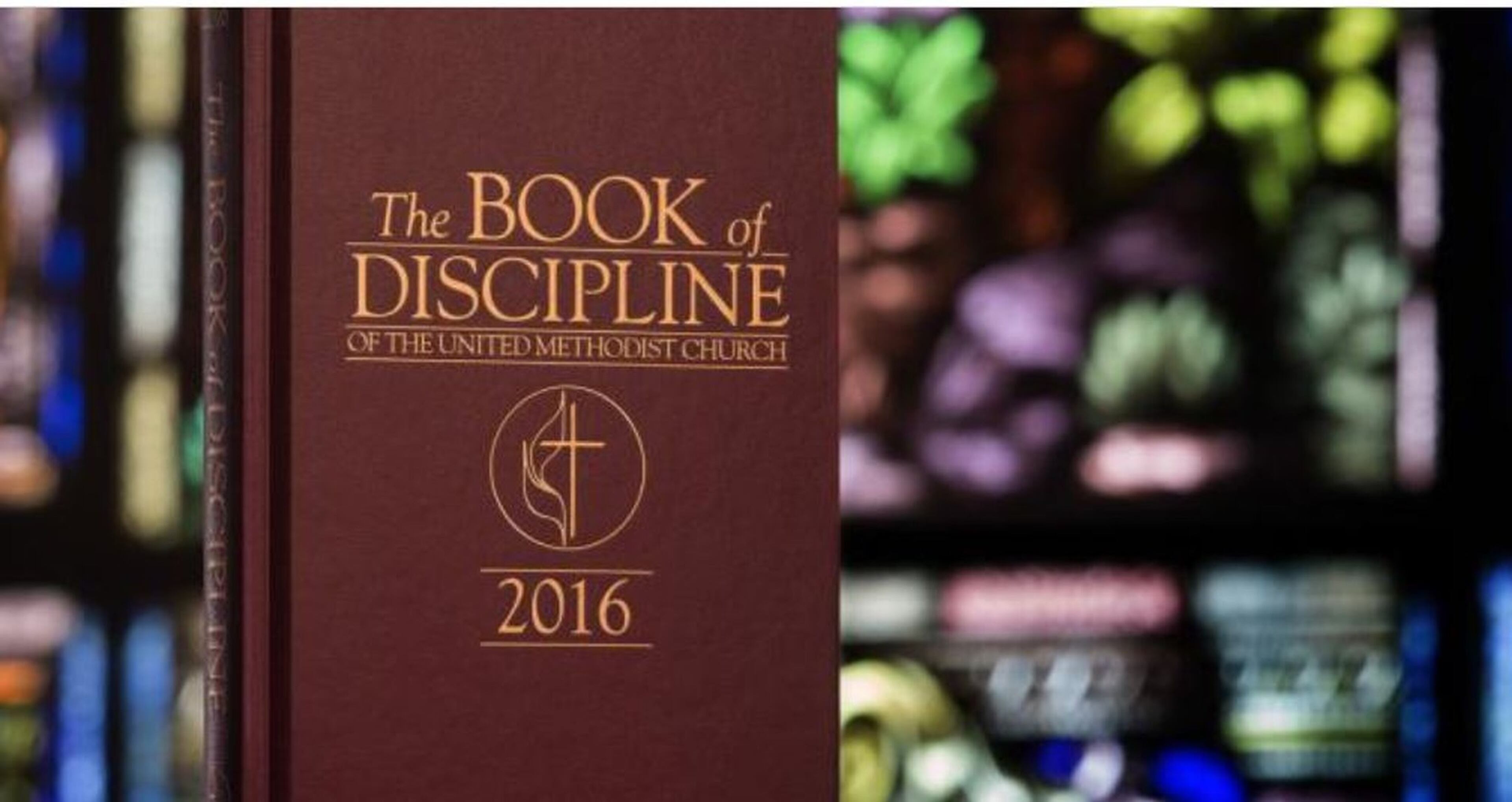South Georgia Conference to lose 193 United Methodist churches

Delegates to the South Georgia Conference of the United Methodist Church voted Sunday to let 193 churches leave the second-largest Protestant denomination.
By contrast, as part of the continued splintering of the denomination, the larger North Georgia Conference, is still deciding whether to appeal a Cobb County Superior Court’s ruling that it could not stand in the way of churches who want to vote on disaffiliation. Roughly 185 churches sued the North Georgia conference, trustees and the former and current bishops, among others, to continue the disaffiliation process.
Sunday’s South Georgia Conference vote was held by via Zoom.
”Personally, today is heartbreaking,” said Bishop David Graves. “For every pastor that is serving in a church today, I, or another bishop, appointed you there over the years...Friends, this is heavy stuff. This is overwhelming, and at times, it’s paralyzing.”
One of the reasons most cite for disaffiliation is over ordination of non-celibate gay clergy and performance of same-sex marriage.
Churches that are disaffiliating have to meet certain financial obligations as part of the agreement.
The disaffiliating churches have until June 30 to complete the process.
Graves said the last few years have been polarizing in the nation and that has filtered down to the local church across the country.

It has allowed the nation’s culture “to drive many decisions that happen in the Christian Church. We, the church should be the light to our culture, and it’s not only United Methodist, but it’s the church of every denomination and independent congregation.”
Several of the churches had honored his request to stay with the conference through the 2024 General Conference, but not all.
“Some of you are more concerned about getting this process over with, recruiting people to join your movement while causing great division in many churches,” he said.
Even with the loss, Graves said he had hope for the future of the conference.
He said it’s time to reach new people.
Vineville United Methodist Church in Macon is among the 274 churches in the conference that plan to stay.
“Part of our decision to stay is that this is who we are,” said the Rev. Jimmy Asbell Jr., pastor of the 1,200-member church. “We’ve been Methodist at this location and the majority of these members have been Methodist all their lives. We’ve seen changes and we have seen challenges but we don’t feel like the answer is to leave.”
He describes the congregation as “traditional, but compatible.” He said the breakdown is about 60% “traditional in our understanding of marriage, but we still believe there is room for everybody in the Gospel. We intend to stay the course and remain.”

The United Methodist Church prohibition of ordaining non-celibate LGBTQ clergy and performing same-sex marriage was strengthened during the last General Conference in 2019.
The denomination has been divided for decades over several issues, largely over the ordination of openly gay clergy and same sex marriage. But those are not the only issues, church members say. Some said they feared the denomination was moving away from biblical principles and fear it could become too progressive.
Some moderate and progressive churches have left over the years, but the vast majority have been more traditional churches.
The North Georgia, conference, which covers the area north of Macon, with about 700 churches, last year temporarily suspend the disaffiliation process, citing circulation of inaccurate and misleading information.
It’s unlikely North Georgia churches would be able to hold a vote before the annual meeting June 1-3 in Athens, according to sources on both sides of the issue. The most likely scenario is for the conference to hold a special called conference before the end of the year, according to Atty. David Gibbs III, who represents the North Georgia churches.
North Georgia is among the largest conferences in the nation.
Gibbs, said in an email that church votes are being scheduled through the summer.
Gibbs serves as the president of the National Center for Life and Liberty which is described on its website as a nonprofit legal ministry that protects and defends Bible-based values.
The churches that leave the conference will pay any unpaid apportionments for the 12 months immediately prior and an additional 12 months of apportionments, plus unfunded pension obligations, direct-bill obligations and other liabilities. They depart with assets and property.


